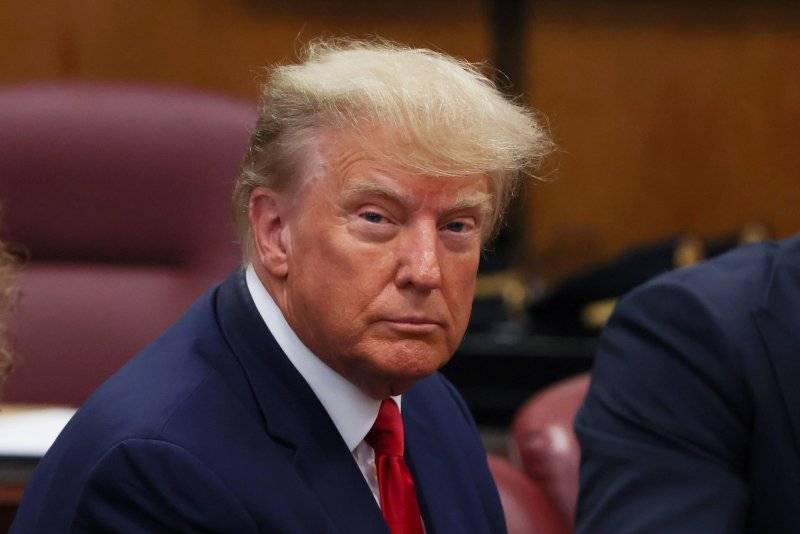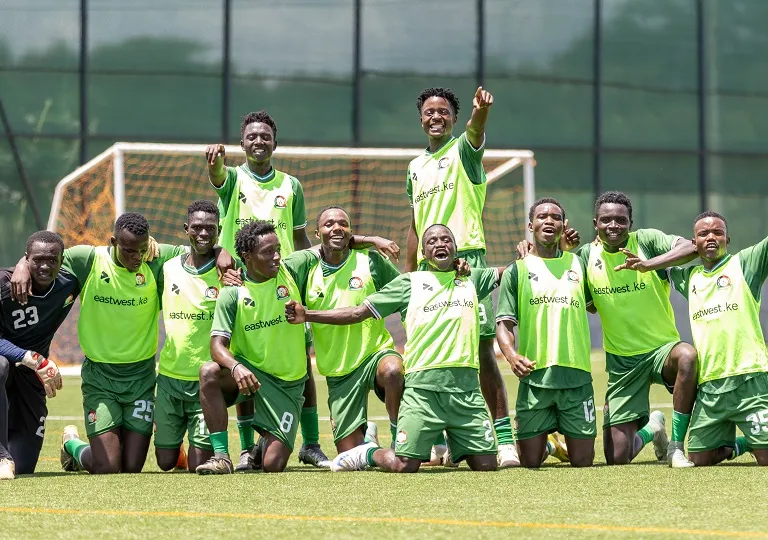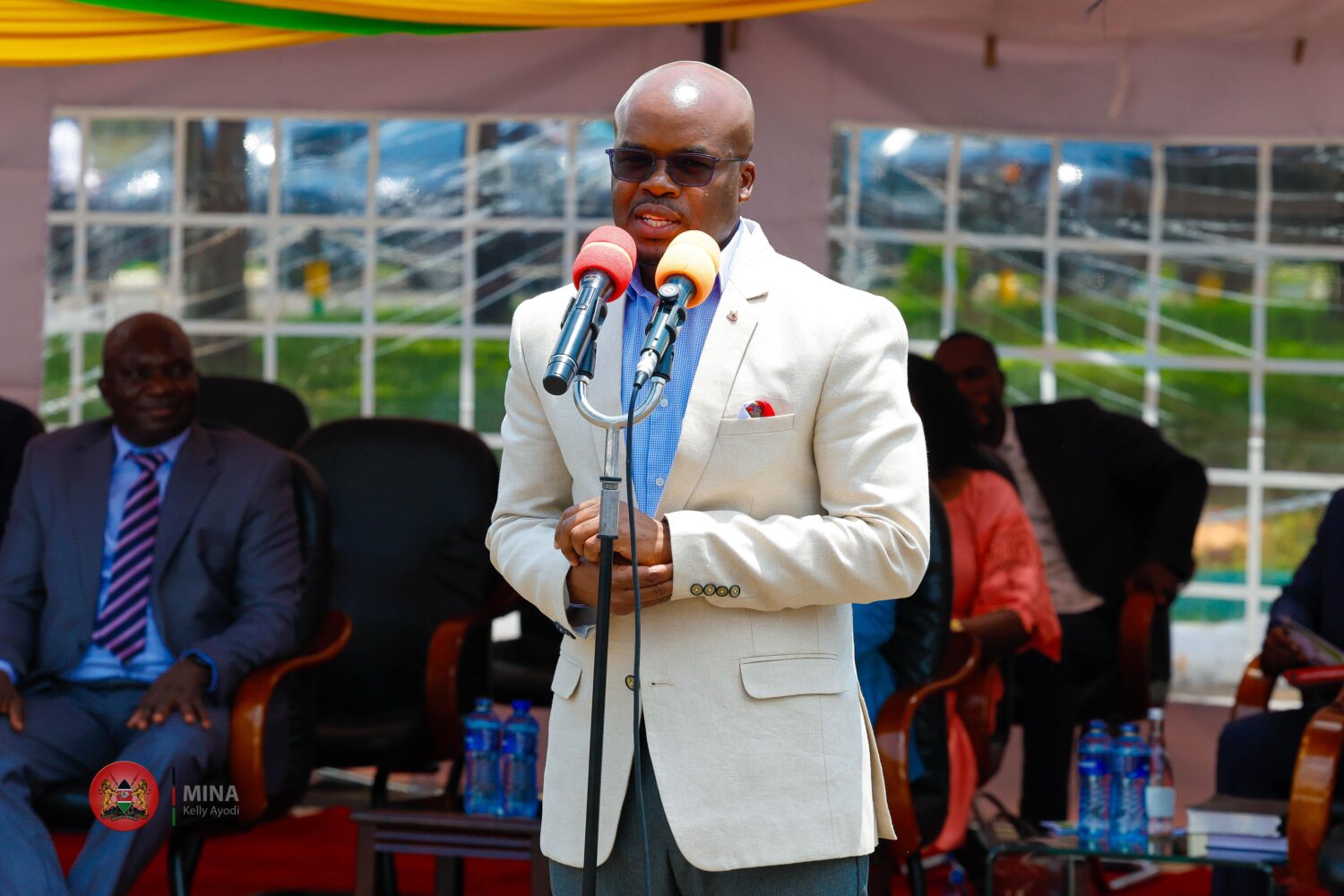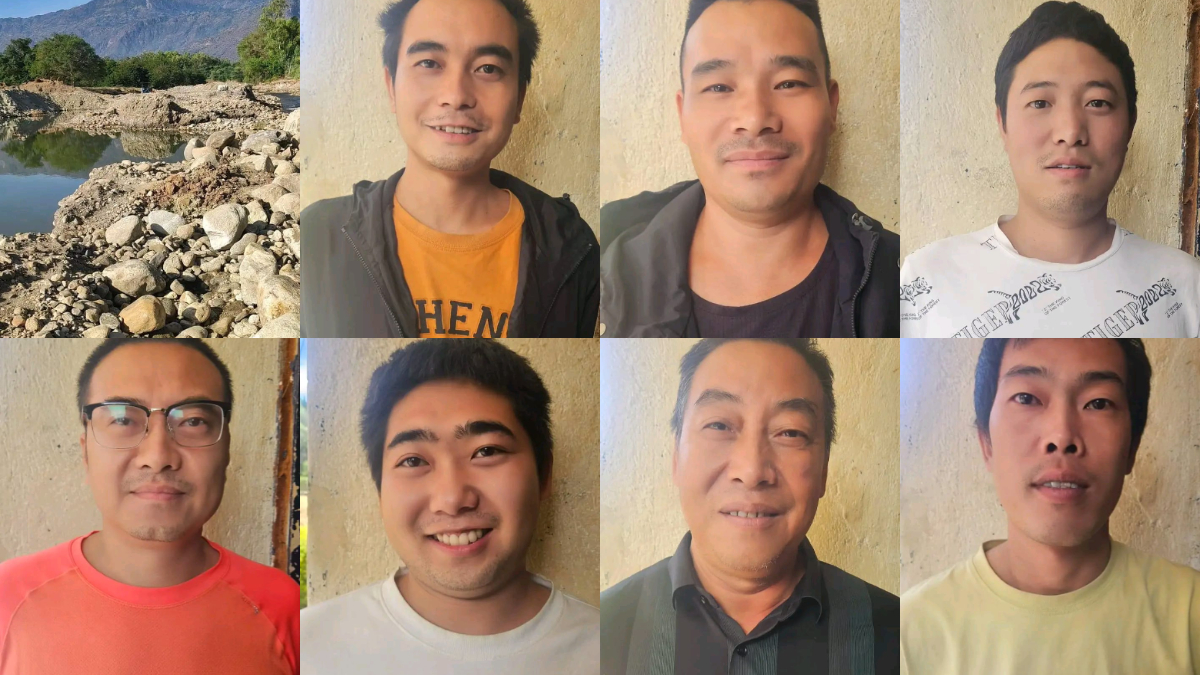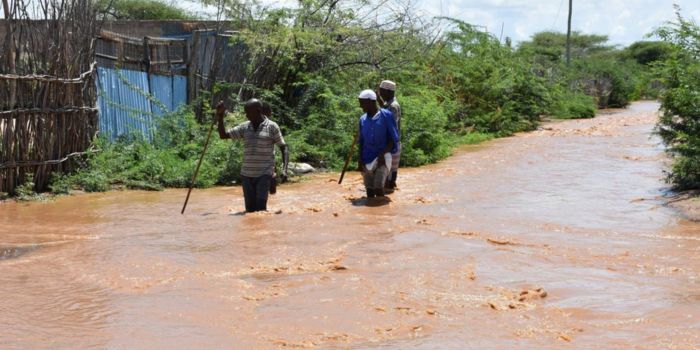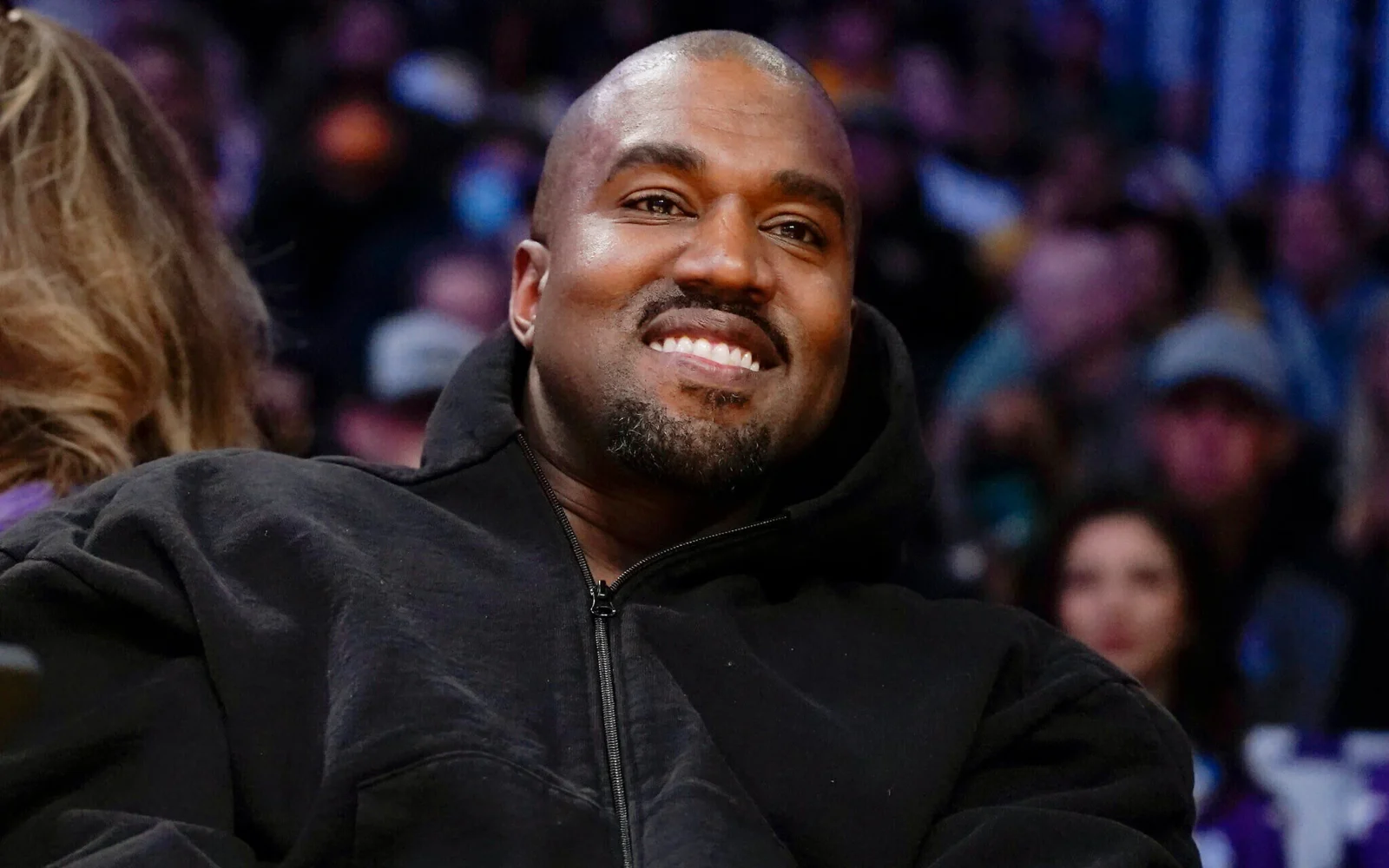Kenya is bracing for a major financial setback following United States President Donald Trump’s recent decision to pause foreign aid for 90 days.
A move that could strip the country of over Ksh.80 billion annually.
Since his inauguration last month, Trump has signed a record 36 executive orders, including withdrawing the U.S. from the World Health Organization (WHO) and temporarily halting foreign assistance.
These sweeping changes have left developing nations like Kenya in a precarious position, raising concerns about the future of healthcare, humanitarian aid, and economic development.
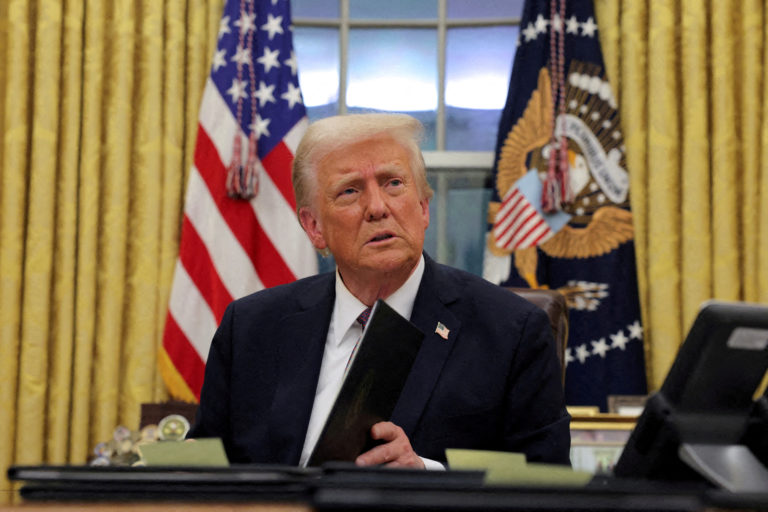
Impact on Kenya’s key sectors
For years, the U.S. has been Kenya’s largest donor, funding critical programs such as the President’s Emergency Plan for AIDS Relief (PEPFAR), the Global Malaria Initiative, and the Global Health Security Agenda.
According to the U.S. Department of State, Kenya received Ksh.83.5 billion in 2024, a sum that heavily supported health, education, economic growth, and governance.
The health sector has been the biggest beneficiary, receiving Ksh.39.5 billion last year—more than any other sector. Other key allocations included:
- Ksh.27.8 billion for humanitarian assistance
- Ksh.7.1 billion for economic development
- Ksh.6.3 billion for program support
- Ksh.1.2 billion for democracy initiatives
- Ksh.981 million for education
- Ksh.309 million for peace and security
The impact of this aid has been monumental, with programs like PEPFAR and USAID saving over 26 million lives in more than 50 countries through antiretroviral drug distribution, vaccine programs, and healthcare training.
However, Kenya’s heavy dependence on these funds now poses a significant risk.
Government’s response
Recognizing the looming crisis, Treasury Cabinet Secretary John Mbadi has announced that Kenya will reorganize its budget to sustain crucial programs that may face funding gaps.
“We will have no alternative but to redirect part of the development budget to sustain crucial programs that could be starved of funds if the U.S. halts foreign aid,” Mbadi stated.
Meanwhile, Health Director General Dr. Patrick Amoth assured the public that Kenya has enough HIV/AIDS medication and other essential health commodities to last at least six months.
He also expressed hope that development partners and private stakeholders would step in to fill the void left by the U.S. freeze.
Kenya must now explore alternative funding strategies to safeguard its most vulnerable citizens and ensure critical programs continue uninterrupted.


